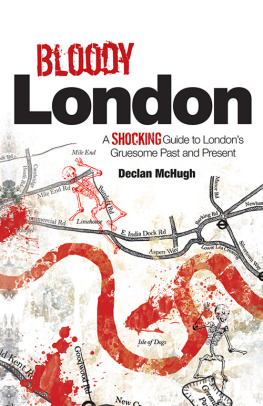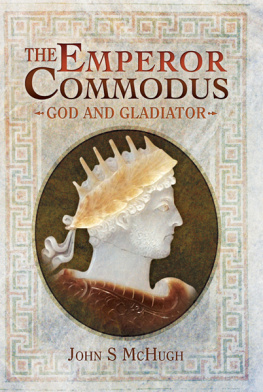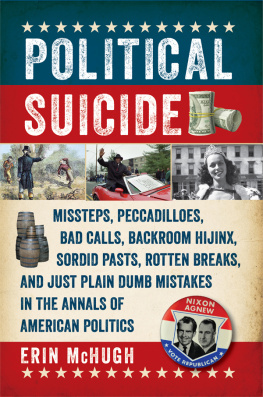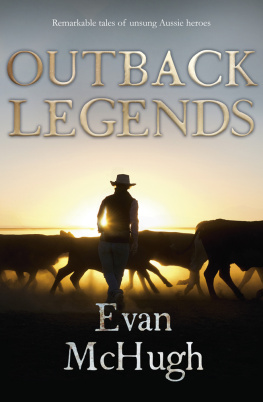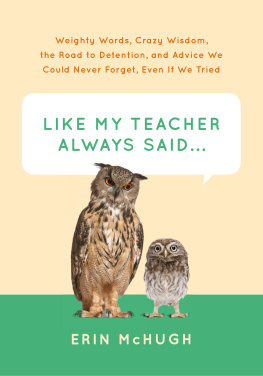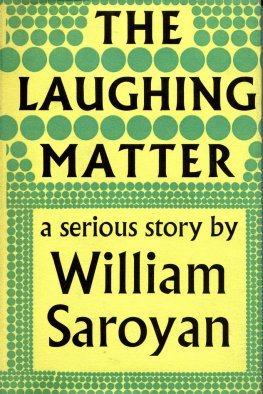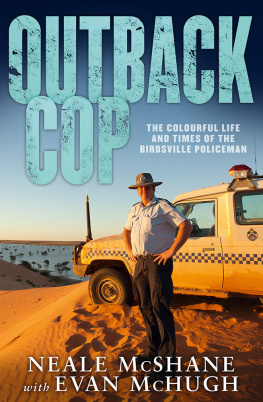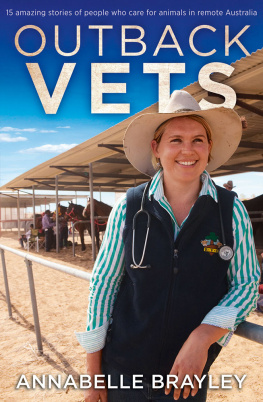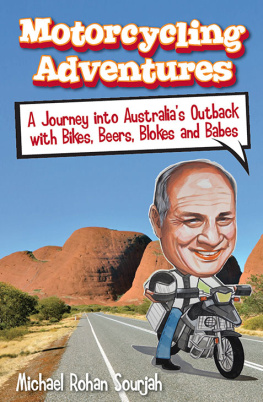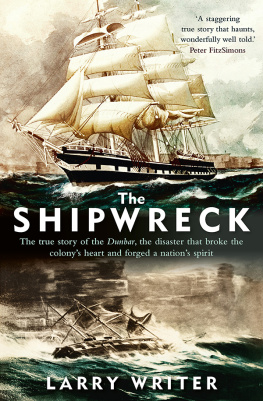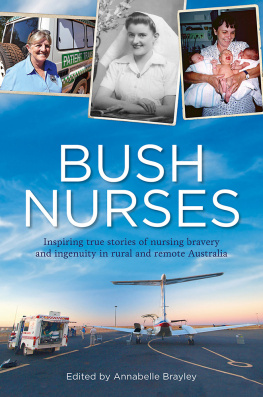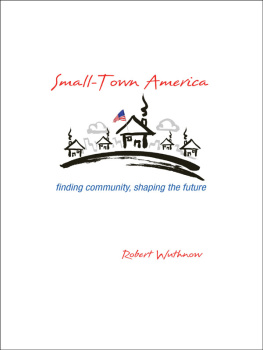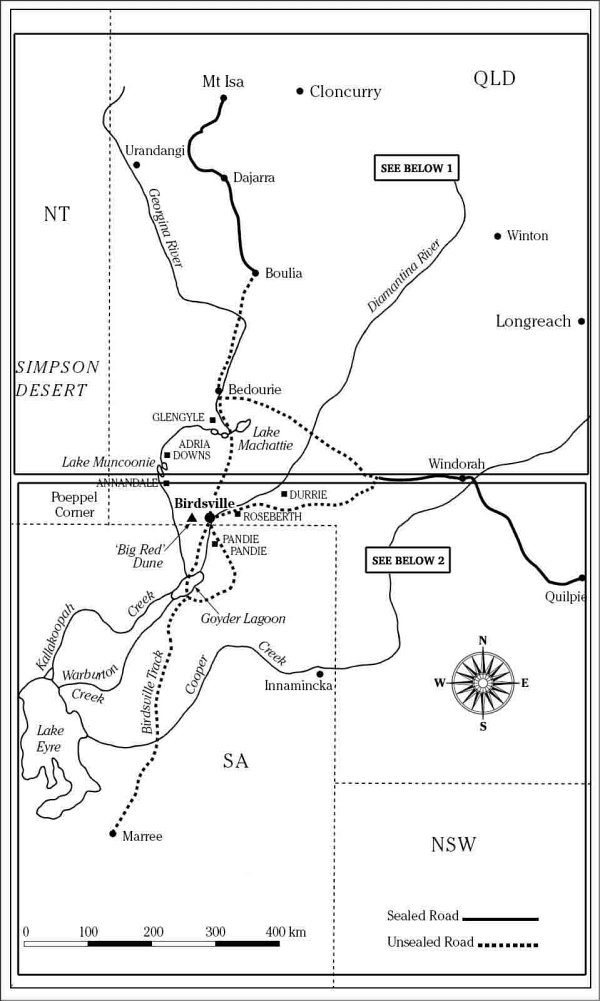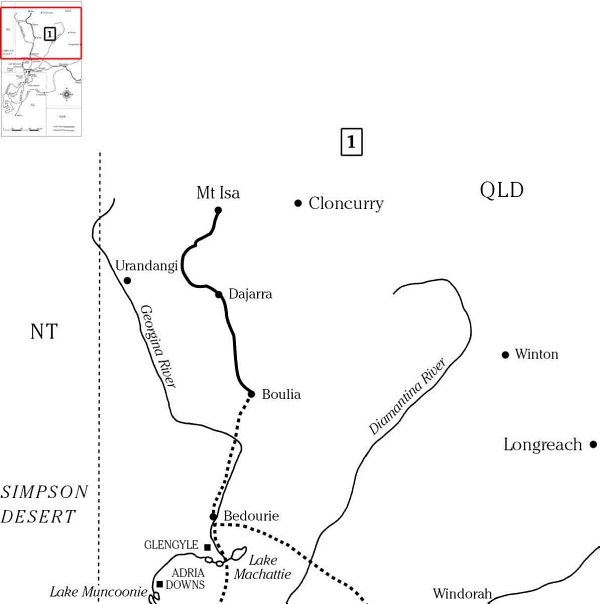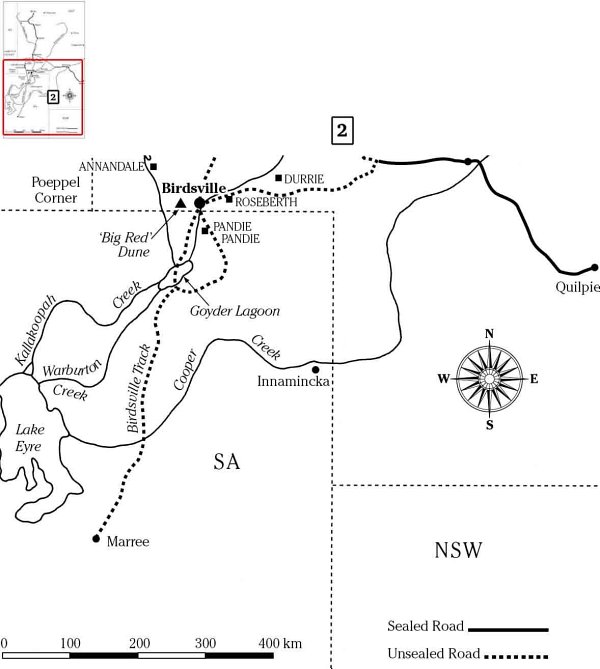Birdsville
Evan McHughs previous books include Shipwrecks: Australias Greatest Maritime Disasters; Outback Heroes; Red Centre, Dark Heart and Outback Pioneers. He writes a weekly column, Dry Rot, in the Sunday Mail and has written for television and radio. He is married and usually lives in Sydney, but has spent the last twelve months in Birdsville, learning that what he didnt know about the outback could fill a book.
Birdsville
My year in the back of beyond
EVANMCHUGH
VIKING
an imprint of
PENGUIN BOOKS
VIKING
Published by the Penguin Group
Penguin Group (Australia)
250 Camberwell Road, Camberwell, Victoria 3124, Australia
(a division of Pearson Australia Group Pty Ltd)
Penguin Group (USA) Inc.
375 Hudson Street, New York, New York 10014, USA
Penguin Group (Canada)
90 Eglinton Avenue East, Suite 700, Toronto, Canada ON M4P 2Y3
(a division of Pearson Penguin Canada Inc.)
Penguin Books Ltd
80 Strand, London WC2R 0RL England
Penguin Ireland
25 St Stephens Green, Dublin 2, Ireland (a division of Penguin Books Ltd)
Penguin Books India Pvt Ltd
11 Community Centre, Panchsheel Park, New Delhi 110 017, India
Penguin Group (NZ)
67 Apollo Drive, Rosedale, North Shore 0632, New Zealand
(a division of Pearson New Zealand Ltd)
Penguin Books (South Africa) (Pty) Ltd
24 Sturdee Avenue, Rosebank, Johannesburg 2196, South Africa
Penguin Books Ltd, Registered Offices: 80 Strand, London, WC2R 0RL, England
First published by Penguin Group (Australia), 2009
Text copyright Evan McHugh 2009
The moral right of the author has been asserted
All rights reserved. Without limiting the rights under copyright reserved above, no part of this publication may be reproduced, stored in or introduced into a retrieval system, or transmitted, in any form or by any means (electronic, mechanical, photocopying, recording or otherwise), without the prior written permission of both the copyright owner and the above publisher of this book.
Map by Pamela Horsnell, Juno Creative Services
penguin.com.au
ISBN: 978-0-85-796556-1
To Michelle
1
FURTHER OUT
If you want to polarise your friends, moving from inner-city Sydney to an isolated outback town like Birdsville is the kind of extreme tree change thatll do it every time. Most will tell you with remarkable honesty that youre out of your mind. A very few will salute your sense of adventure. In both cases theyll invite you to one last dinner before you go because theyre sure youll perish in the remotest corner of the Australian outback.
In the days before we showed the doubters we were serious about moving to Birdsville, we fed like kings. There were lavish meals in restaurants of every description Italian, Thai, Middle Eastern, modern Australian, Japanese, Vietnamese and Thai again (because we were really going to miss it). We enjoyed a succession of last suppers across a city that boasts one of the most diverse and sophisticated dining experiences in the world, while answering a stream of questions about what we were facing in the back of beyond.
How many restaurants are there?
Only one.
How many supermarkets?
The nearest is 650 kilometres away.
Mobile phones?
There isnt a phone tower in the entire Diamantina Shire.
Internet?
Via satellite.
Then, while sitting in a restaurant watching the surf roll in at Bondi, there was the big one: Why Birdsville?
This, after all, is the town where, in 1882, a policeman committed suicide after a woman spurned his marriage proposal, and his colleague, Sergeant Arthur McDonald, noted in the police stations journal, Sub-Inspector Sharpe shot himself on the police station verandah this afternoon. Another hot day in Birdsville. Its also not far from the spot where, in 2005, a womans body was found with her vehicle just a few kilometres from the Birdsville Track. Shed run out of petrol near a water tank, but eventually starved to death, while following the advice to stay with your vehicle. The roof of her car was dented where shed been jumping on it, trying to signal motorists passing only 5 kilometres away.
The Birdsville Track was one of the most infamous stock routes in one of the harshest environments in Central Australia. In 1901, drover Jack Clarke was struggling along the drought-stricken track south of Birdsville with 500 bullocks when his men saw a huge cloud above the horizon ahead. If its rain, were blessed, he said. If its dust, were cursed. The ensuing dust storm all but buried the men, their horses and the bullocks. In their panic some beasts gored others to death. Others were scattered into the desert and lost. When the dust cleared, more than 400 head had perished.
Birdsville is also in the middle of the habitat of the most venomous land snake in the world. The venom from one bite of the inland taipan (Oxyuranus microlepidotus) could kill a hundred people. Its 400 times more venomous than a cobra. The taipan also goes by the name fierce snake because, apart from its deadly bite, locals reckon its always in a bad mood. But thats not all. Officially, Birdsville holds the record for being the hottest place in Queensland. Cloncurry claims a record temperature of 53.1, but that was recorded in 1889 on non-standard equipment. In 1972, in Birdsville, the temperature officially reached 49.5.
Despite all this, Birdsville manages to attract between 20 000 and 40 000 tourists a year. Some turn up just to down a beer at the pub thats become the symbol of the outback. Just as the Sydney Opera House is synonymous with Sydney, and the Eiffel Tower with Paris, the Birdsville Hotel immediately identifies the back of beyond. The town is also the gateway to the Simpson Desert, a mecca for four-wheel-drive enthusiasts seeking adventure among the giant red dunes and claypans of one of the countrys most arid regions. Its the centre of a cattle industry with stations among the biggest in the world. And each year the Birdsville Races attract thousands who drive and fly from all over Australia to camp in a dust bowl, bet in a dust bowl and watch horses gallop in a dust bowl. Even the slogan for the races is The dust never settles.
All this we knew. It was enough to fill a couple of pages. Like the overwhelming majority of Australians whose lives revolve around cities, we were sufficiently confident of our world view to believe thats all there was. But as we contemplated spending a year in such a place, we began to suspect that what we didnt know could fill a book.

In the days before the big goodbye my wife, Michelle, a serious foodie, started stocking up on the necessities. She bought Thai curry pastes, Asian and North African spices, jars of olives and tomato passata, anchovies, salsa verde, pasta, noodles, Arborio rice and dozens of other items in bulk. As the mountain of food (and cookbooks and appliances) grew, I started worrying about how we were going to transport all of it over 2000 kilometres of country roads in our newly purchased four-wheel drive and off-road trailer.


